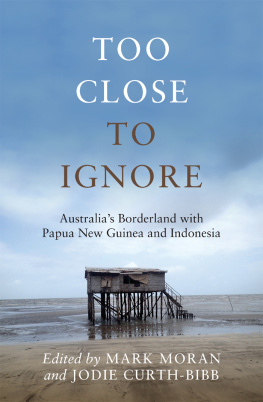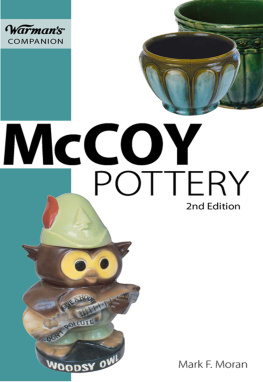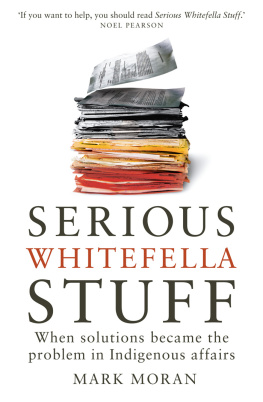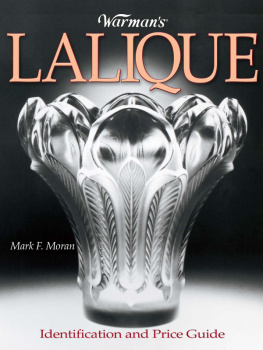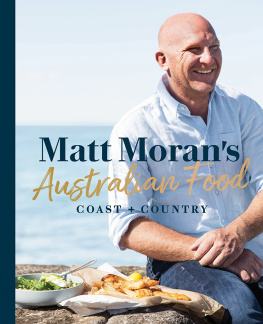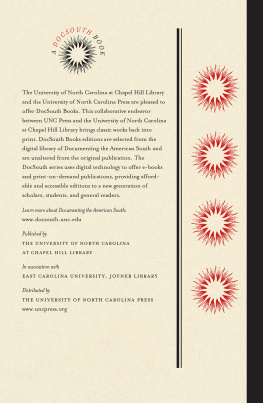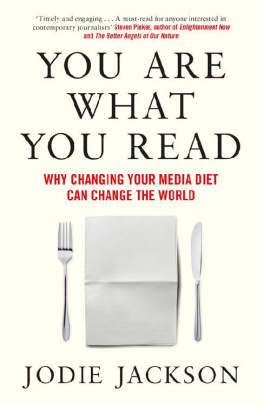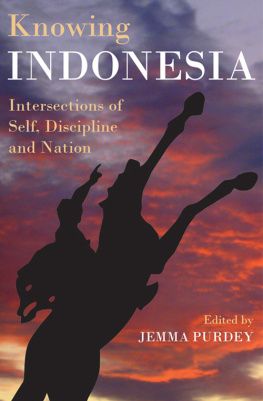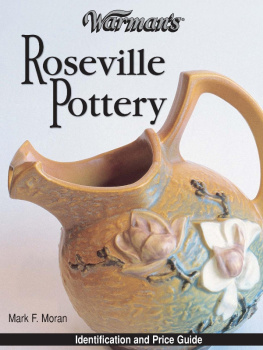Mark Moran and Jodie Curth-Bibb - Too Close to Ignore: Australia’s Borderland with PNG and Indonesia
Here you can read online Mark Moran and Jodie Curth-Bibb - Too Close to Ignore: Australia’s Borderland with PNG and Indonesia full text of the book (entire story) in english for free. Download pdf and epub, get meaning, cover and reviews about this ebook. year: 2020, publisher: Melbourne University Press, genre: Politics. Description of the work, (preface) as well as reviews are available. Best literature library LitArk.com created for fans of good reading and offers a wide selection of genres:
Romance novel
Science fiction
Adventure
Detective
Science
History
Home and family
Prose
Art
Politics
Computer
Non-fiction
Religion
Business
Children
Humor
Choose a favorite category and find really read worthwhile books. Enjoy immersion in the world of imagination, feel the emotions of the characters or learn something new for yourself, make an fascinating discovery.
- Book:Too Close to Ignore: Australia’s Borderland with PNG and Indonesia
- Author:
- Publisher:Melbourne University Press
- Genre:
- Year:2020
- Rating:4 / 5
- Favourites:Add to favourites
- Your mark:
- 80
- 1
- 2
- 3
- 4
- 5
Too Close to Ignore: Australia’s Borderland with PNG and Indonesia: summary, description and annotation
We offer to read an annotation, description, summary or preface (depends on what the author of the book "Too Close to Ignore: Australia’s Borderland with PNG and Indonesia" wrote himself). If you haven't found the necessary information about the book — write in the comments, we will try to find it.
Too Close to Ignore: Australia’s Borderland with PNG and Indonesia — read online for free the complete book (whole text) full work
Below is the text of the book, divided by pages. System saving the place of the last page read, allows you to conveniently read the book "Too Close to Ignore: Australia’s Borderland with PNG and Indonesia" online for free, without having to search again every time where you left off. Put a bookmark, and you can go to the page where you finished reading at any time.
Font size:
Interval:
Bookmark:
Australias Borderland with Papua New Guinea and Indonesia
Edited by Mark Moran and Jodie Curth-Bibb

MELBOURNE UNIVERSITY PRESS
An imprint of Melbourne University Publishing Limited
Level 1, 715 Swanston Street, Carlton, Victoria 3053, Australia
www.mup.com.au

First published 2020
Text Mark Moran and Jodie Curth-Bibb, 2020
Design and typography Melbourne University Publishing Limited, 2020
This book is copyright. Apart from any use permitted under the Copyright Act 1968 and subsequent amendments, no part may be reproduced, stored in a retrieval system or transmitted by any means or process whatsoever without the prior written permission of the publishers.
Every attempt has been made to locate the copyright holders for material quoted in this book. Any person or organisation that may have been overlooked or misattributed may contact the publisher.
Text design and typesetting by J & M Typesetting
Cover design by Phil Campbell
Printed in Australia by OPUS Group
Cover image Peter Chaudhry 2017.

9780522875461 (hardback)
9780522875478 (paperback)
9780522875485 (ebook)
I first observed Papua New Guinea (PNG) nationals crossing the border with Australia and entering the Torres Strait Islands in 1997, when I was on Saibai Island to facilitate community planning for improvements to their water supply, sewerage and housing. My working life at that time was divided between developing countries in Asia and remote Aboriginal and Torres Strait Islander communities in Australia. As I stood on the foreshore, watching small groups cross the short distance by dinghy, I was struck by the clashing of two very different worlds. I knew that many of the visitors were related to the Saibai Islanders and that the conditions of their entry limited them to traditional exchanges under a treaty. But I observed an air of supplication among the Papuans that I recognised from the poorest parts of developing countries I had worked in. I knew how disadvantaged the Torres Strait Islanders were compared to the rest of Australia, but clearly in this context the Papuans were much more disadvantaged again. I was struck by a mixture of surprise and trepidation. I remember not knowing which way to look.
It was a sight and a feeling that stuck with me, but it would be years before I had the chance to explore what was happening on the other side of the border. Later, I would discover that Garrick Hitchcock (author of ) would soon be starting his PhD analysing social relations along the border with Australia.
Around then I started a conversation that would last many years with Geoff Miller (), who went on to take a placement as a health adviser with the Australian aid program in Daru. All the while I kept a close eye on the related research coming out of Torres Strait, especially the work of Bill Arthur and Will Sanders at the Australian National University.
After I joined The University of Queensland in 2013, I met Jennifer Corrin (), who both worked with me at the Institute for Social Science Research, along with research assistants Tsarie Duthie and Laura Simpson Reeves. By 2015 we had a sufficiently strong team to apply for a competitive ARC Discovery grant, which we won to commence in 2016.
Doug Porter from the World Bank and Bryant Alan from ANU encouraged us through the application, then advised us throughout the projects duration. We also learnt of the long-standing and locally respected work by CSIRO in fisheries, with James Butler and Sara Busilacchi approaching us in an uncommon spirit of open collaboration (chapters 7 and 8).
As fieldwork commenced on the PNG side, we were encouraged by widespread support from PNG government stakeholders at village, district, provincial and national levels. We were especially well received by the village leaders and households in the South Fly villages we visited in the course of four field trips. Much of our travel was by shallow-draft fibreglass dinghies, banana boats, visiting coastal villages and following the river systems to inland villages, and extending west to PNGs border with Indonesia. Skilled operators such as Sapi Yo kept us safe along the weather coast and Cordelia Jackson and Cassie Hughes answered our daily safety calls back to The University of Queensland.
We also undertook two field trips to the Torres Strait. We found strong support among the Torres Strait leadership, who shared our concern for their close neighbours while maintaining the need to protect the limited resources on their islands.
Simply put, we set out to understand a little-known part of the world and to recommend improvements. We collected socioeconomic data, attended community meetings and, crucially, interviewed community leaders and households. Interviews typically went for more than an hour, as people explained detailed and (for us) unexpected aspects of their lives.
Together we wrote this book as a means to raise awareness of a poorly understood but strategically important borderland. The people living on the PNG side want people living in Australia and other countries, and in Port Moresby and other PNG cities, to understand their situation, which is quite unlike anywhere else in PNG and the world. Compared to the Australian side, they experience a marked level of relative inequality and a disparity in public funding and services. They want assistance, but in ways that are appropriate to the unique constraints and opportunities they face.
We believe it is in Australias national interest to understand the border from the perspective of the PNG nationals living there, and that their security and development ultimately determines the security of the Australian border. We think that many of the people working for the Australian and Queensland government authorities at a personal level believe this too, if allowed to shed the official line.
The other authors and I would like to thank our partners and families for their love, patience and support during the research and writing of this book. Compiling a volume of this size requires an editorial effort well beyond the individual authors. It would not have been completed without Tsarie Duthies relentless coordination and skilled edits.
We are also very grateful for the goodwill and openness extended to us by the many people who accommodated us and gave us their time for the interviews. An incredible exchange of learning occurred between the project team and the people who participated. We were continually surprised by the capabilities that exist within South Fly villages despite the struggles they face with a lack of transportation, market penetration, funding and services. We hope that this book will encourage stakeholders to approach development of the region in ways that take advantage of its unique strengths as a borderland.
Mark Moran
Sara Busilacchi has more than 20 years of experience as a fisheries consultant. Her main interests lie in coastal and marine resources management and conservation for the benefit of coastal communities. In the last decade, Saras primary research has focused on the sustainability of Torres Strait fisheries and the well-being of communities in the borderland between Australia and Papua New Guinea.
James Butler has been CSIRO Land and Waters Indo-Pacific Climate and Development Coordinator since 2016, linking CSIROs research to major strategic research and development initiatives in the region. His research applies trans-disciplinary approaches to analyse complex development problems in the Asia Pacific.
Font size:
Interval:
Bookmark:
Similar books «Too Close to Ignore: Australia’s Borderland with PNG and Indonesia»
Look at similar books to Too Close to Ignore: Australia’s Borderland with PNG and Indonesia. We have selected literature similar in name and meaning in the hope of providing readers with more options to find new, interesting, not yet read works.
Discussion, reviews of the book Too Close to Ignore: Australia’s Borderland with PNG and Indonesia and just readers' own opinions. Leave your comments, write what you think about the work, its meaning or the main characters. Specify what exactly you liked and what you didn't like, and why you think so.

